De Montfort University Special Collections
De Montfort University Special Collections collaborated with academic staff on a project, Creatively Innovating the Archive, rooted in the idea that archives are ‘breathing, inspiring and generative’. Art students held a performance installation that enabled a dialogue between their own practices and the archive of artists Traci Kelly and Richard Hancock, while theatre students chose extracts of the playwright Bryony Lavery’s scripts for a flash performance.
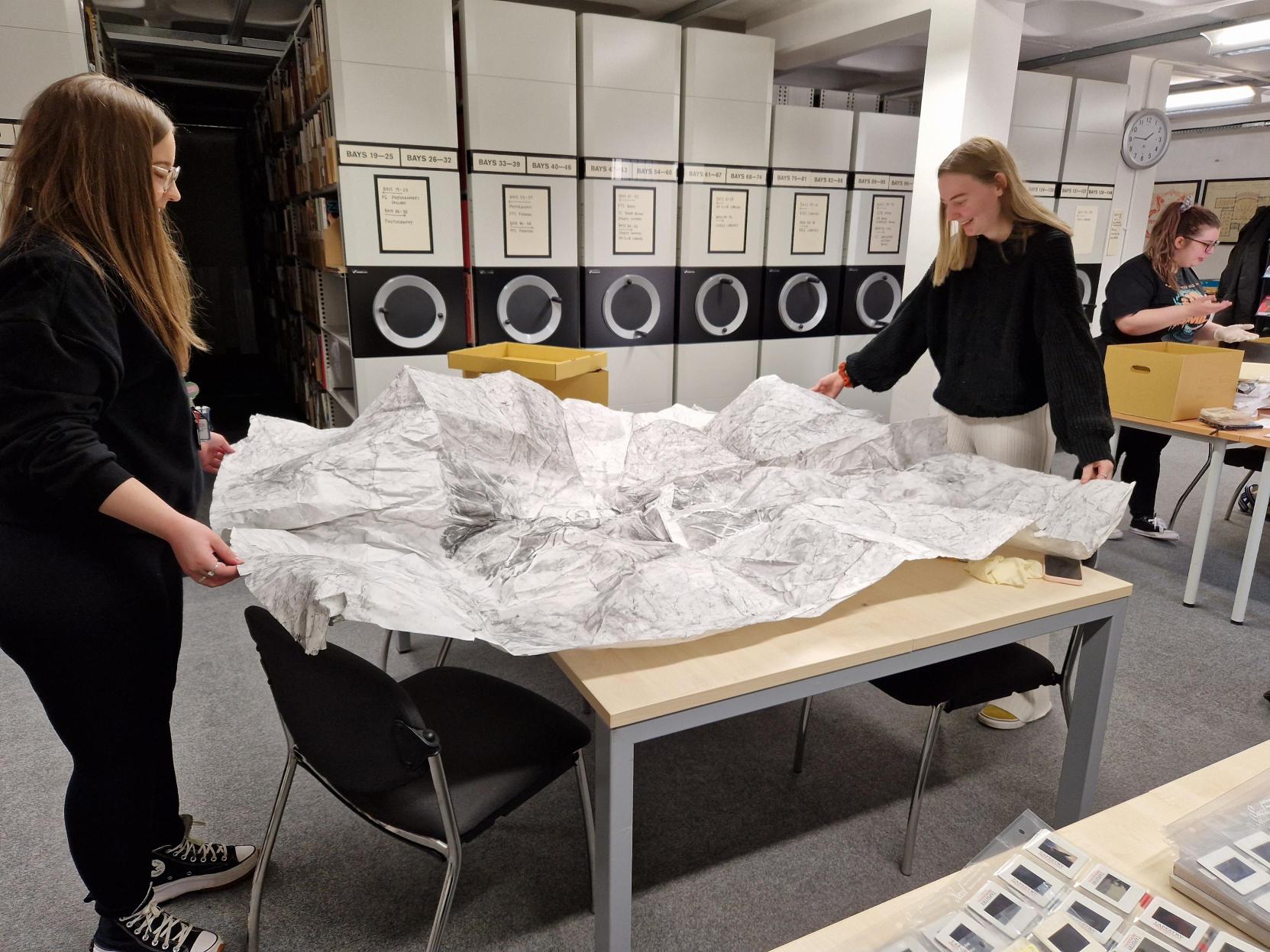
Image credit: De Montford University Special Collections
Nottinghamshire Archives
Inspired by Nottinghamshire Archives’ records and working with Inspire Youth Arts, ‘The Mother of Tension’ was a hip-hop theatre piece by Xzibit Young Creatives. Young dancers delved into stories of conflict, crafting a thought-provoking performance prompting reflection on conscientious objectors for audiences and participants. Part of the IWM 14-18 NOW Legacy Fund.
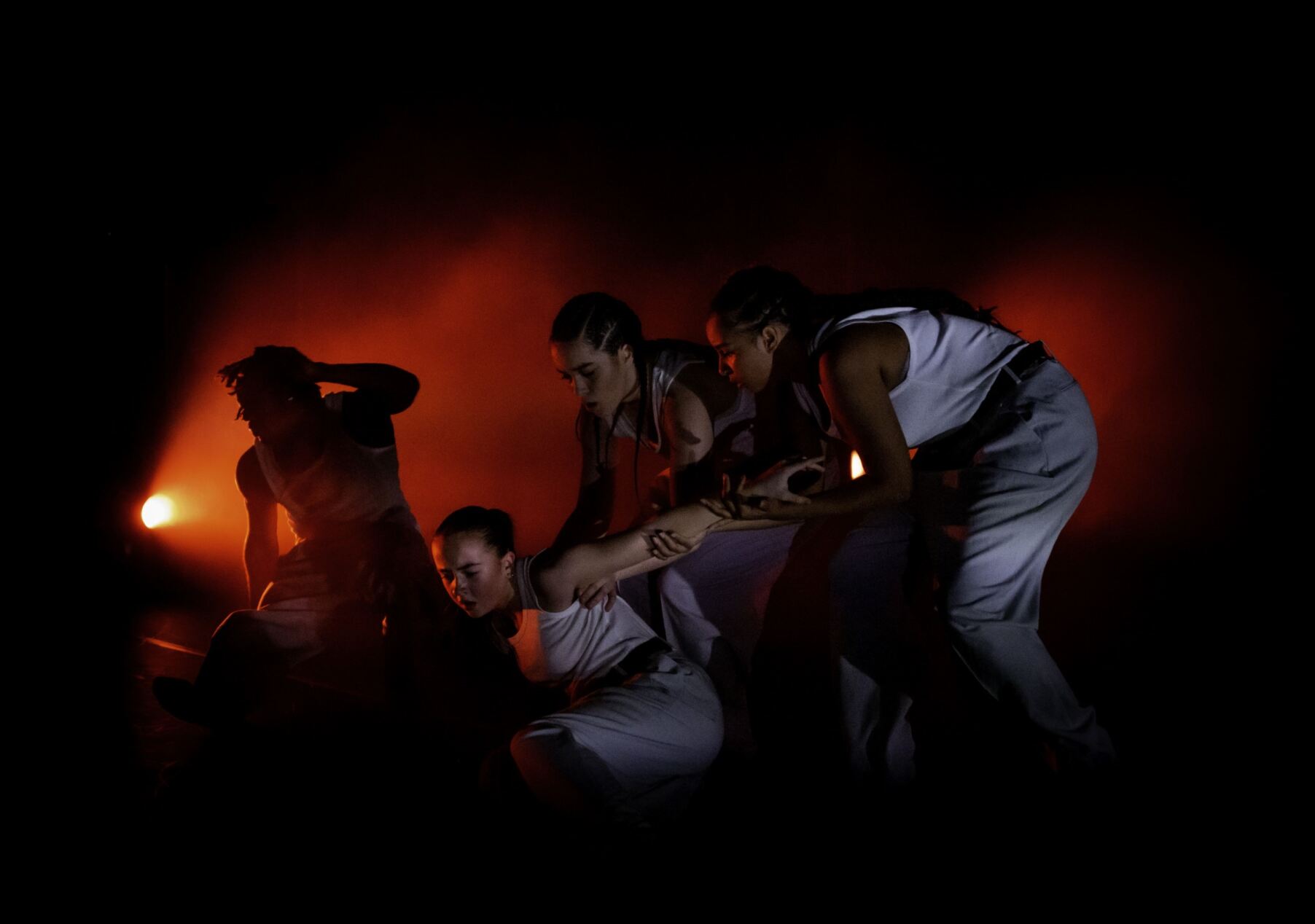
Image credit: Nottinghamshire Archives
Staffordshire Archives and Heritage Service
Over the last year, Staffordshire Archives and Heritage Services have established a new mutually supportive county network bringing together over 70 groups and custodians of collections, heritage sites or archives, who carry out research and family history and who wish to engage and promote these activities to the wider public. The team provide support and training around collections care, engagement and sustainability.
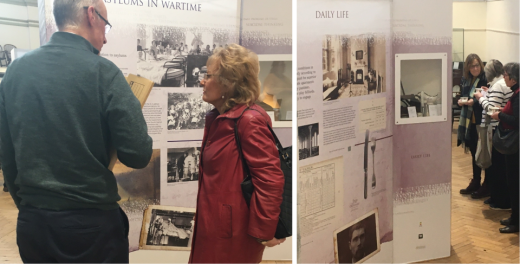
Image credit: Staffordshire Archives and Heritage Service
Birmingham People’s History Archive (BPHA)
BPHA’s 2022-23 project, Making History: The World of Birmingham Workers included a diverse group in conserving and using our second city’s industrial heritage, at risk through rapid, recent changes. University of Birmingham students, with Oral History Society training, interviewed retired workers, whose stories are supporting schools’ artwork, a Birmingham Heritage Week exhibition, magazine, and a family workshop. The project was funded by Historic England.
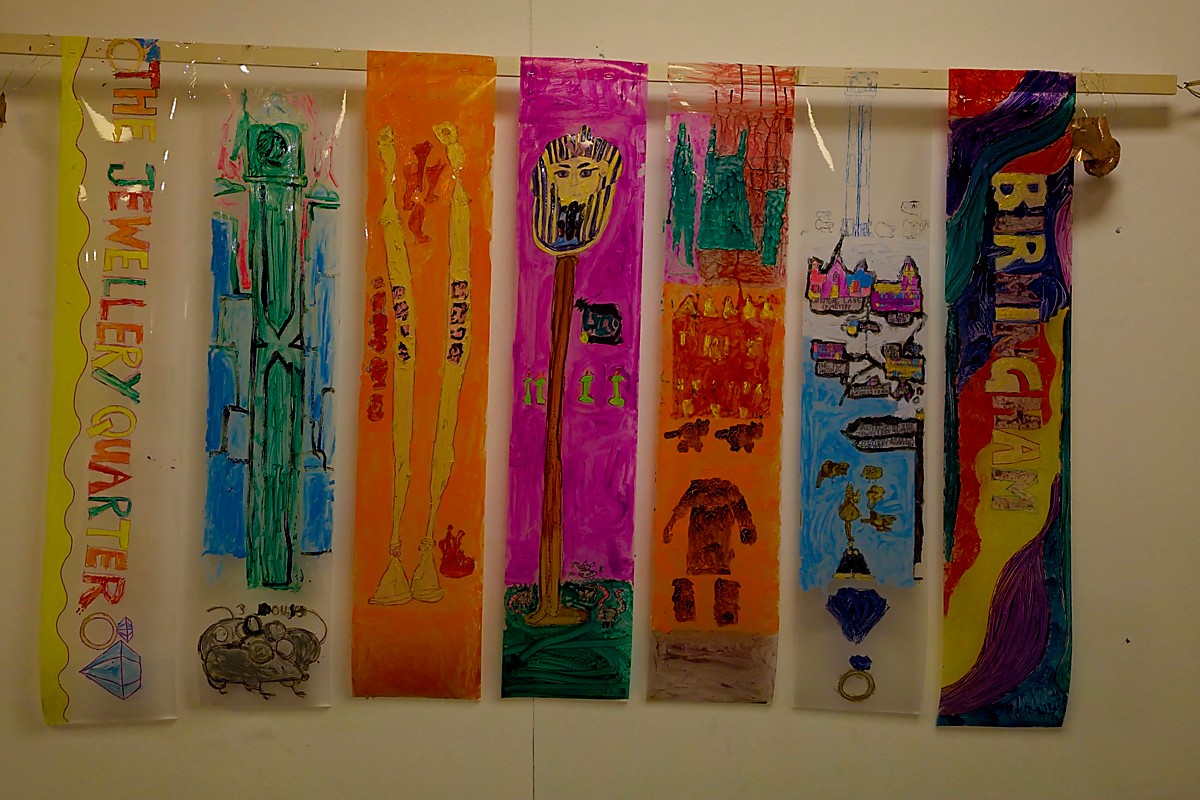
Image credit: Birmingham People’s History Archive (BPHA)
Wolverhampton City Archives
Wolverhampton City Archives oral history collections cover diverse areas not adequately represented elsewhere. They launched “Wolverhampton Voices”. It is arranged thematically by keywords, e.g. education, work and leisure, and includes interviews with the LGBT community and the Black and ethnic minority community.
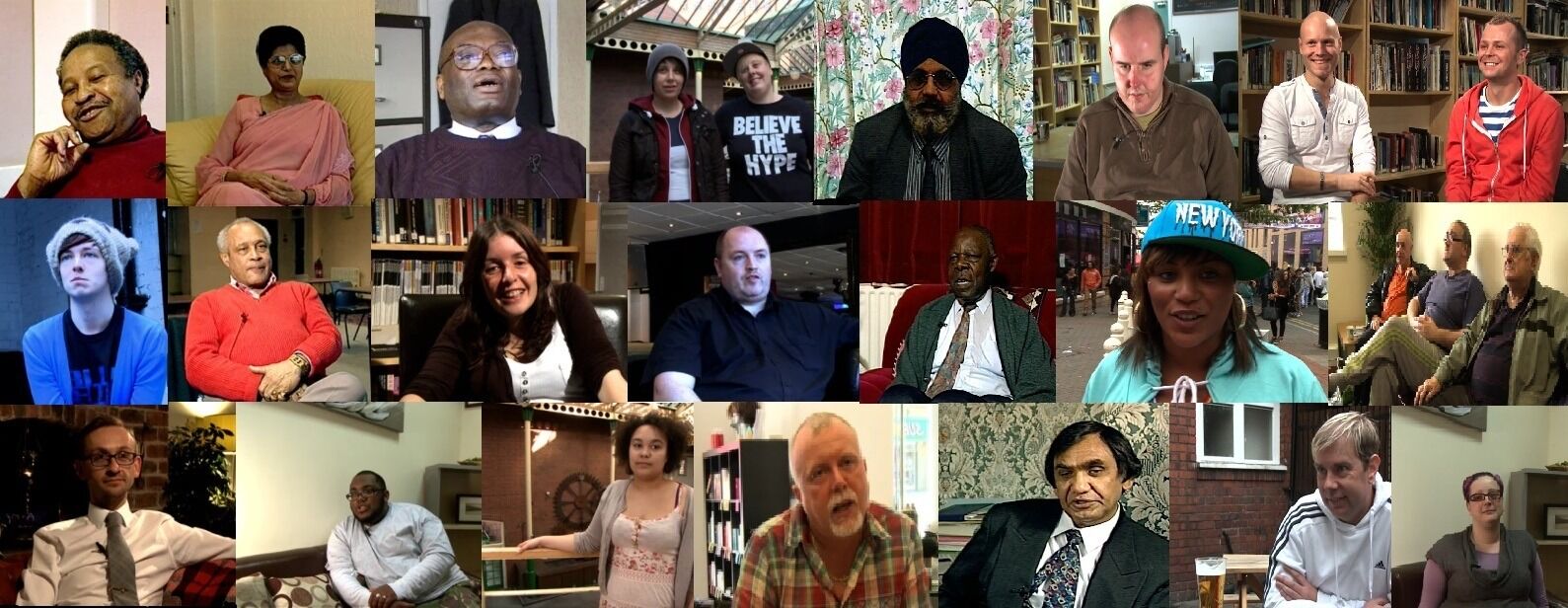
Image credit: Wolverhampton Archives